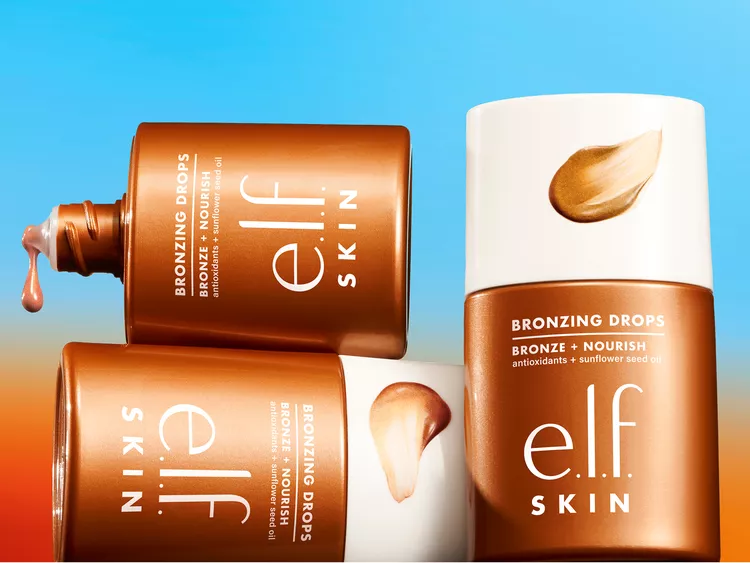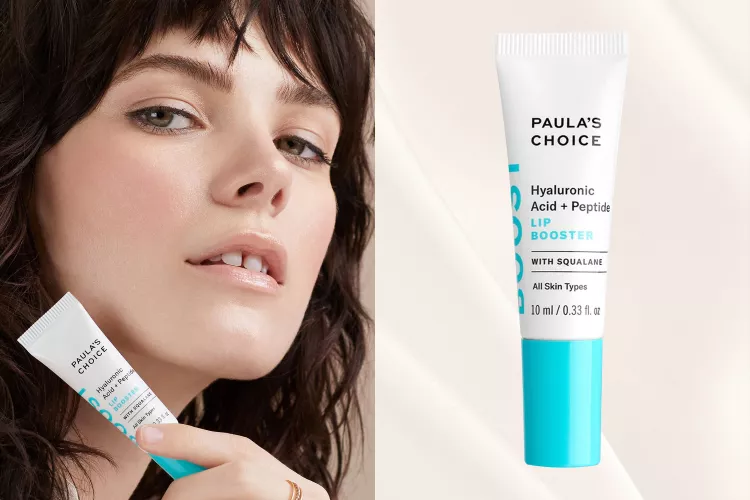The quest for fuller lips is nothing new, from Marilyn Monroe’s iconic overlining technique to the viral lip challenges of the 2010s. Today, the beauty industry offers a range of solutions, from invasive cosmetic procedures to non-invasive topical treatments. While many people choose injectable lip fillers containing synthetic hyaluronic acid (HA), others prefer over-the-counter topical alternatives for a similar effect. If injections aren’t your preference or you’re not in a rush for that option, some new topical solutions are worth considering.

To provide more insight into this new generation of hyaluronic acid- and peptide-based lip plumpers, board-certified dermatologists Dr. Connie Yang and Dr. Juliya Fisher shared their expertise.
Understanding Lip Plumpers
“Lip plumpers are products that are applied topically to produce a fuller, more hydrated, and poutier appearance to the lip,” explains Fisher. “Results are temporary and last a few hours with each application.” These topicals “typically come as a gloss, serum, or balm,” adds Yang.
Traditional Formulations
As Fisher tells us, historically, lip plumpers have been formulated with ingredients that are mild irritants. These “work by increasing blood flow to the lip,” she explains. “[They] tend to be ‘spicy’ ingredients like cinnamon, peppermint, or capsaicin, a substance found in spicy peppers. These ingredients are responsible for the tingling or prickly sensation associated with traditional plumpers.”
These traditional ingredients are still popular in lip plumpers, and some “are still in use with newer products,” Fisher says. The good news? “They are formulated to be less uncomfortable than in the past,” she assures us.
How Do Newer Lip Plumpers Work?
Newer lip plumper formulations use alternative compounds to plump the lips—and they offer several benefits over traditional plumpers. “The mechanism of action behind this new generation of lip plumpers is different,” says Yang. “Instead of relying on irritation to temporarily swell the lips, these plumpers with hyaluronic acid and peptides have potential longer-term benefits by stimulating collagen production and providing hydration.”






